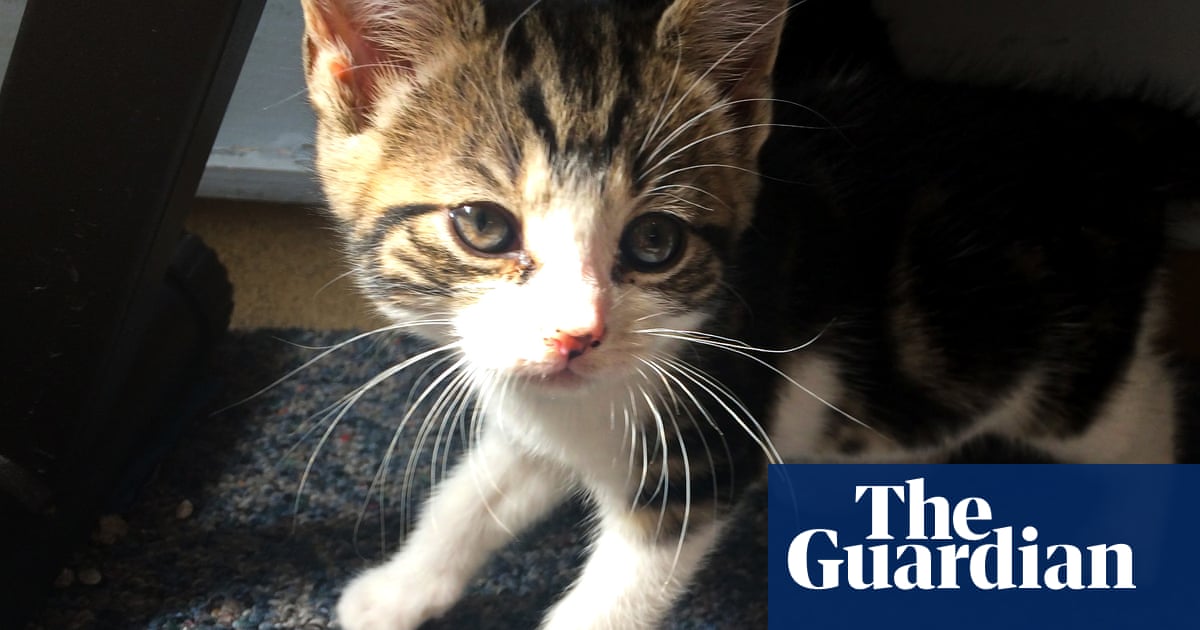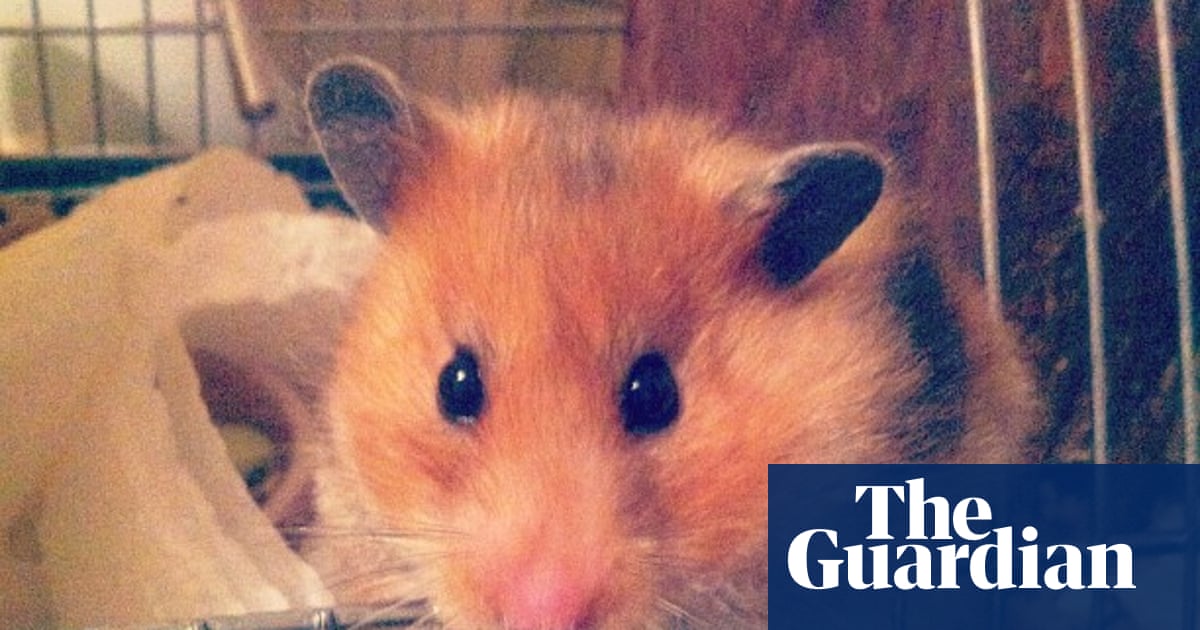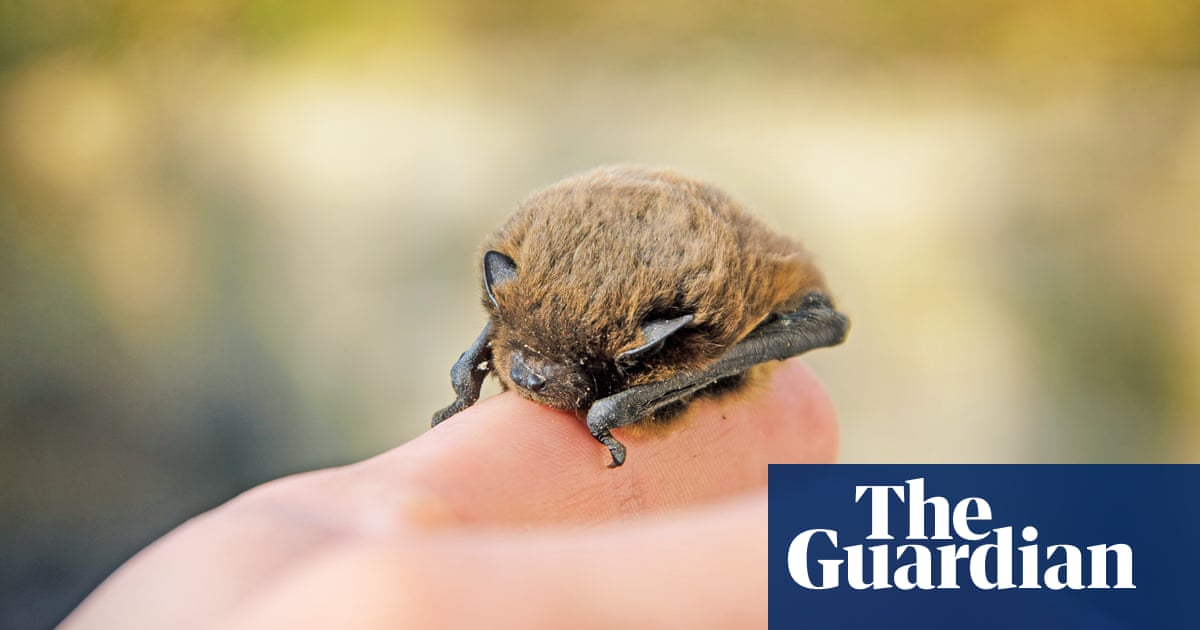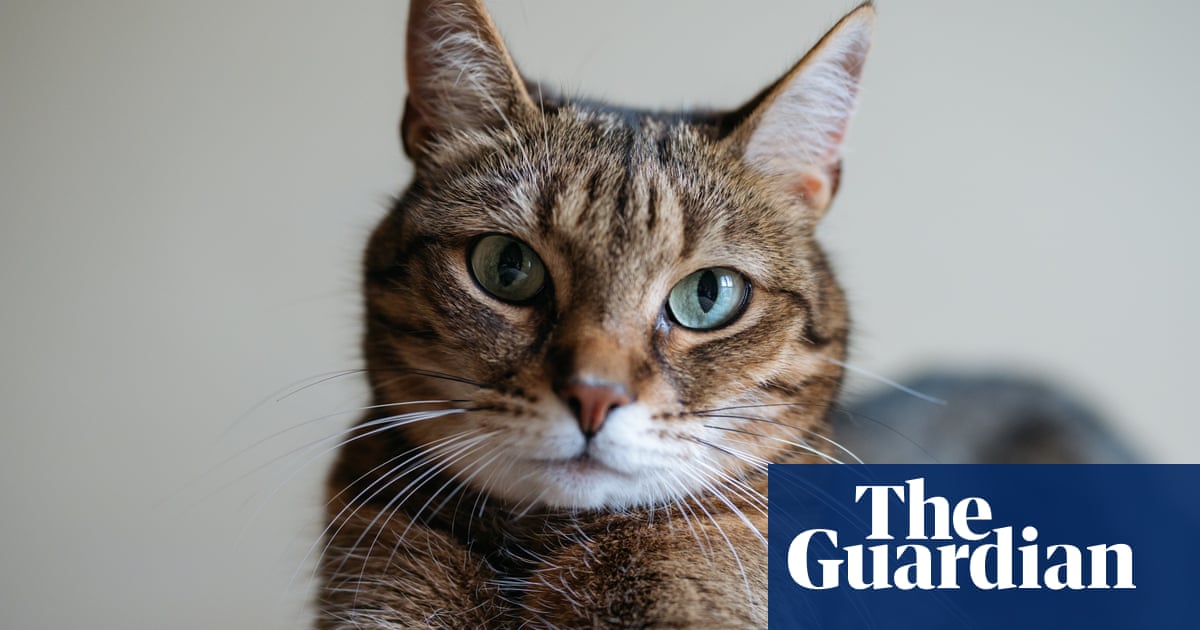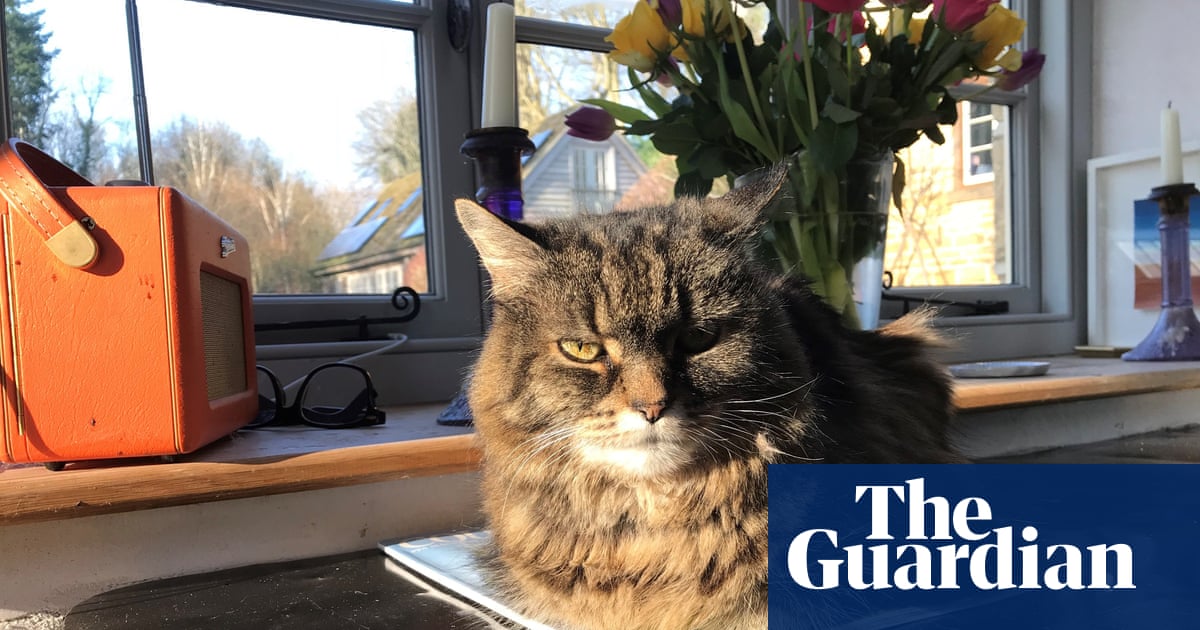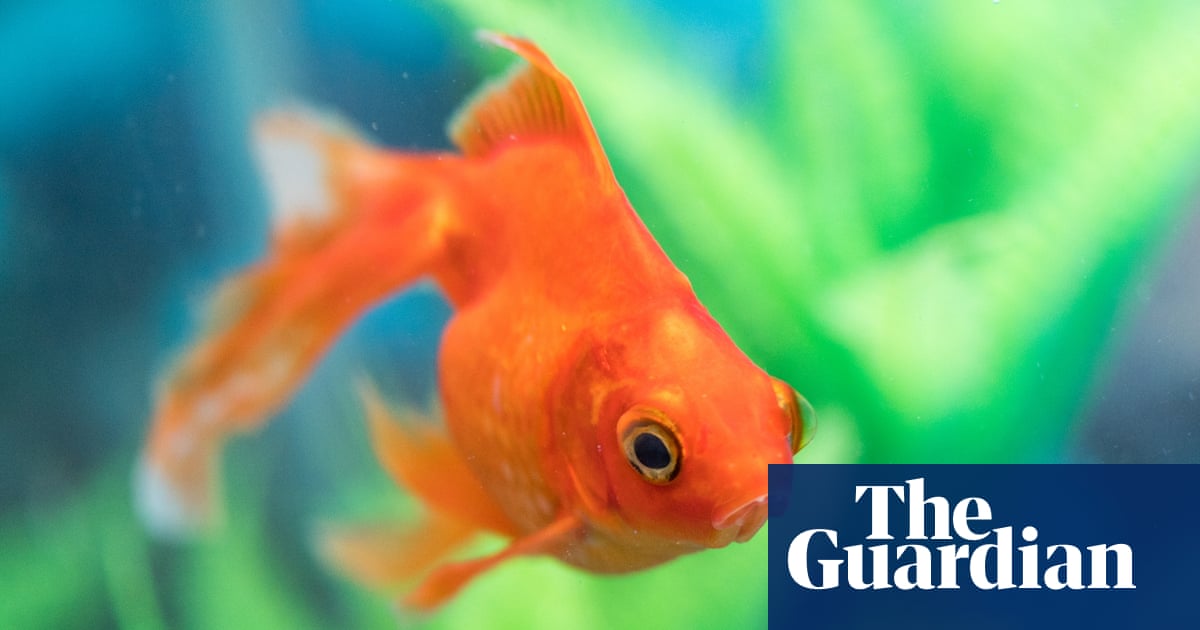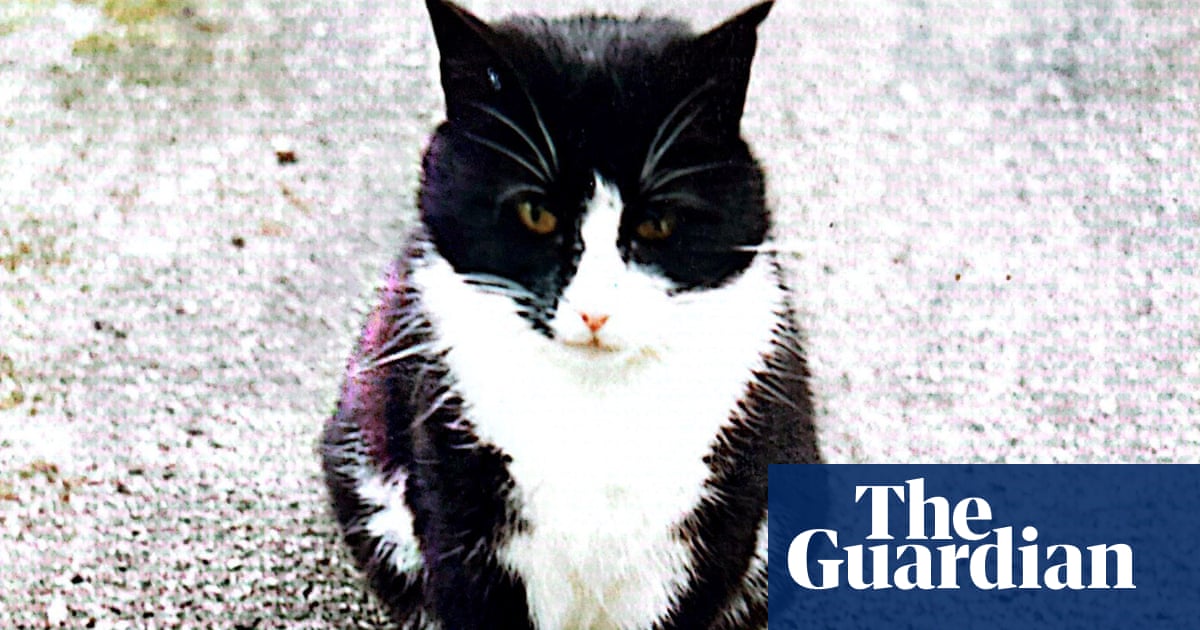
Fatty was a cat of character. She started life in a colony of strays who inhabited the basement of a derelict tenement midway between Curry Row and student central in the West End of Glasgow. She was weaned on the leftovers from takeaway containers thrown drunkenly into the basement area late at night. I know this because I was familiar with the colony of Jellicle cats and walked past it on my way home from work. That was where she picked me up. She was obviously one of them, not least because of her penchant for curry.
One winter evening, as I passed the cat tenement, I sensed I was being followed. I looked around, saw no one and continued on my way. When I opened the door to my tenement close, a black and white streak shot past me. I assumed she lived in one of the other flats, so I didn’t pay much attention. I climbed to my second-floor home and let myself in. As the evening wore on, the yowling of a cat became more and more insistent. Eventually, I opened my front door to find a rather beautiful, large black-and-white cat on the doormat. She walked straight past me, tail erect, and headed for the kitchen. I had no choice in the matter; I had been adopted.
That first night, I gave her leftover tandoori chicken. In years to come, true to her heritage, if she came upon abandoned late‑night takeaways, she would eat curry till she was literally sick. She had a fascinating array of social behaviour that eased her way through the world, including a high-decibel purr that was curiously calming.
My partner and I moved from Glasgow to Buxton, in the Peak District, where her sinuous greetings charmed the little old ladies who holidayed in the guest houses nearby. My office overlooked the end of the garden path where, most mornings, I would see them turn the corner, look around furtively, then dive into their handbags to produce a napkin-wrapped sausage or a rasher of bacon for Fatty. No wonder she was fat.
Those less generous received a different reception. A tree stump had been cut off at the same height as our hedge. She would perch on it, invisible; as people drew level, she would let out a blood-curdling yowl. I know I shouldn’t have, but I couldn’t resist giggling at the sight of her victims jumping, stumbling and yelping.
But if she loved you, you would know all about it. She adored the man next door. Most mornings, he would find assorted offerings lining his path: mice, shrews, even moles. I saw her catch a mole once – she saw the earth move and inched along beside it, utterly focused. Then she pounced, dug frantically with her forepaws and emerged with a struggling mole firmly in her claws. A swift bite to the neck and it was all over.
She sometimes came home with larger prey. I might return to find half a rabbit on the doorstep. I couldn’t work out how she was doing it – she wasn’t exactly swift. Then one of the neighbours explained. Across the road from us were fields and woodlands. Fatty would sit on the wall and wait for an unsuspecting bunny to lollop past, then fall on them from 4ft above. An admirable economy of method.
She brooked no nonsense, either. Once, having been doused in flea powder, she vanished. We scoured the neighbourhood, rattling the jar of cat treats and calling her name. Gradually, we widened the search until finally, a week later, I spotted her in a driveway a mile away. “We thought she was a stray,” the householder said. “She just adopted us.” We never used the flea powder again.
She died, at 15, as she lived. She regarded the road outside our house as her personal property and I grew accustomed to the screech of brakes as she ambled across in front of cars. One day, a driver just didn’t brake. And that was that.
Past Lying by Val McDermid is out now (Sphere, £9.99). To support the Guardian and the Observer, order your copy at guardianbookshop.com. Delivery charges may apply






